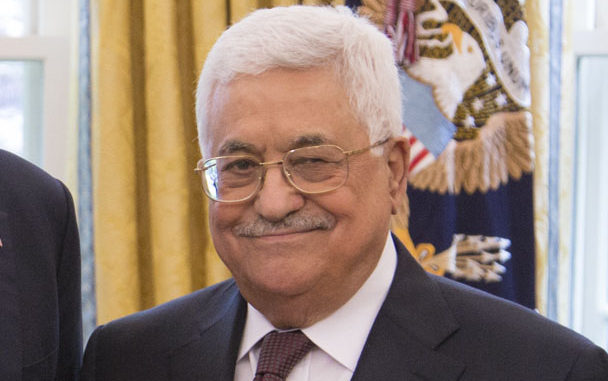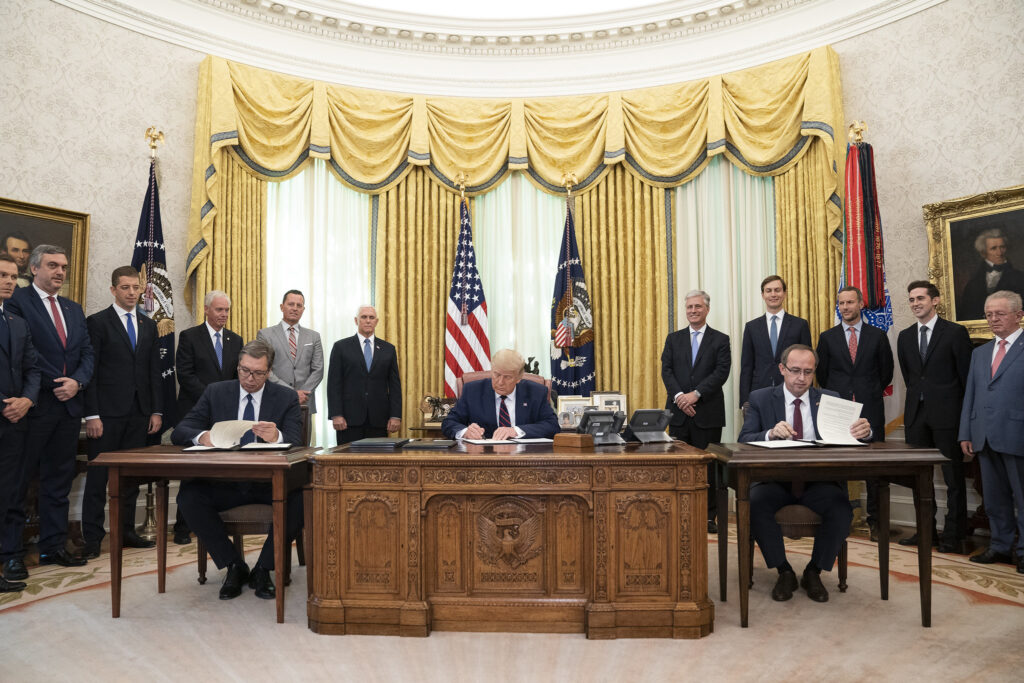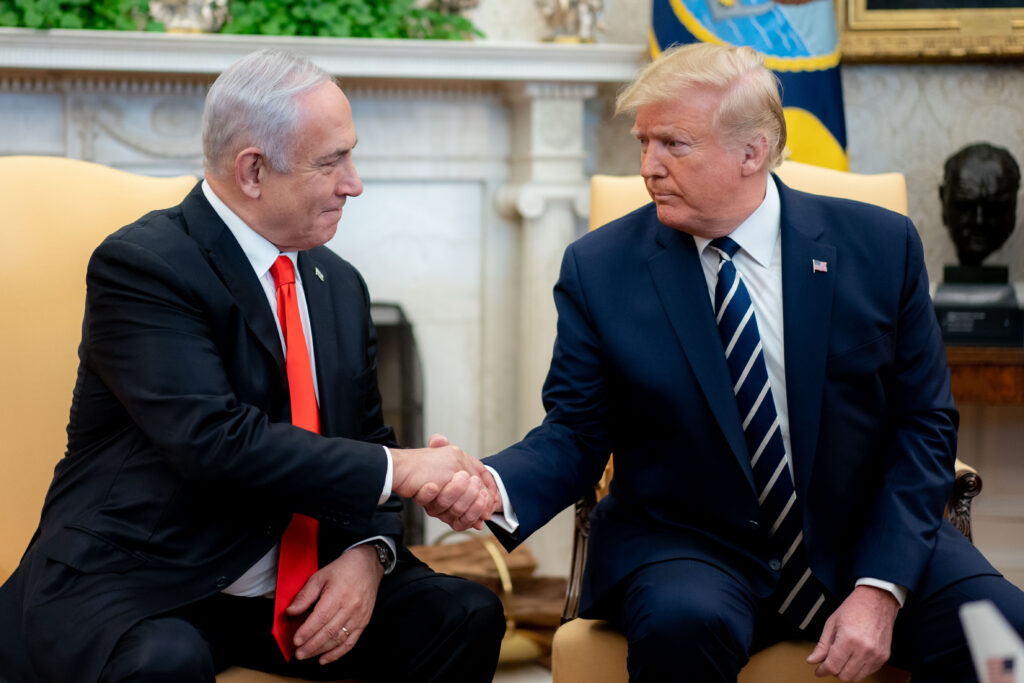EU leaders to call for an EU electronic ID by mid-2021
EU leaders will ask the European Commission later this month to develop an EU-wide public electronic identification system (e-ID) to access cross-border digital services, according to the draft summit conclusions seen by EURACTIV.com
Strengthening Europe’s autonomy and sovereignty in the aftermath of the pandemic will be the main topic of the European Council to be held on 24 and 25 September in Brussels and digital initiatives will feature prominently.
As part of their plans, the 27 Heads of State and Government want to have a robust and functional digital ecosystem across the Union for citizens.
To that end, EU leaders will call for the development of an “EU-wide secure public electronic identification (e-ID) to provide people with control over their online identity and data as well as to enable access to cross-border digital services,” the draft document reads.
They will ask the Commission to put forward a proposal for a ‘European Digital Identification’ initiative by mid-2021, and member states hope that an EU-wide e-ID will be especially for cross-border digital services, a market expected to grow in the digital economy.
There has been some progress on this front over the past years at the technical level to guarantee the interoperability of national e-ID. Thanks to that, since September 2018, EU rules allow citizens to use their national e-ID also to access public services across borders in other member states.
In this context, the Commission has recently sought to update the rules on electronic identification operations in the EU, as part of the eIDAS regulation, in a bid to develop a more harmonized and resilient market for electronic identification systems on the bloc.
On the launch of the Commission’s public consultation on the plans in the summer, Commission Vice-President for Digital Margarethe Vestager said that the revision of the 2018 eIDAS regulation “aims to improve its effectiveness, extend its benefits to the private sector and promote trusted digital identities for all Europeans and create a secure and interoperable European Digital Identity which gives citizens control.”
The consultation is open until October 2, and further details on the EU’s bid to extend the electronic identification framework are set to be outlined in the Digital Services Act, to be unveiled by the Commission at the end of the year.
Recovery fund revisions
Moreover, in Europe’s future rebound from the economic aftershocks of the coronavirus pandemic, EU leaders at the end of this month will also call for dedicating a “significant part” of the recovery fund, in particular of the €672 billion allocated to the Recovery and Resilience Facility, to the digital sector.
Priority areas are supercomputers and quantum computing, blockchain, and human-centered artificial intelligence; microprocessors, cybersecurity, digital education, and 5G. The draft conclusions urge member states to submit their national plans to roll-out the infrastructure by the end of the year as planned.
The ongoing development of 5G infrastructure in Europe has been beset by a series of delays related to the trade dispute between the US and China as well as the coronavirus pandemic.
Current goals in the field include a launch of 5G services in all EU member states by the end of 2020 at the latest, as well as a ‘rapid build-up’ that will ensure “uninterrupted 5G coverage in urban areas and along main transport paths by 2025,” as outlined in the 5G Action Plan for Europe.
Competition review
The EU leaders will also focus on the importance of the review the EU competition rules to better compete with the US and China. It is a sensitive debate between those who want a major overhaul of the rules, especially France and Germany, and other governments arguing for minor tweaks.
The draft conclusions call for “adapting the European competition framework to ensure that it meets the challenges of the green transition, digital transformation as well as the global context, and provides legal certainty for economic operators and supports innovation, including in the digital sector”.
The Commission will publish the first results of their ongoing review of the competition rules next year, to better reflect the new features of the digital economy and the ‘green’ goals.
The leaders are also expected to support the Commission’s work to address the systemic role that some online platforms play (the so-called ‘gatekeepers’).
On the industrial front, leaders will ask the Commission to identify strategic dependencies and to propose measures to reduce them, including by diversifying production and supply chains.
The draft text also calls for developing a new Important Project of Common European Interest which combines EU funds and member states resources. The bloc has launched such projects for batteries, the Internet of Things, and hydrogen.
The post-pandemic industrial strategy also should develop new industrial alliances, support SMEs, and bolster the Space and Defence areas.
EU leaders will also discuss foreign affairs during their meeting in Brussels. They will hold a “strategic discussion” on Turkey and will discuss the EU-China relations, following the EU-China video-summit on 14 September, among other potential issues.
Edited by Samuel Stolton






